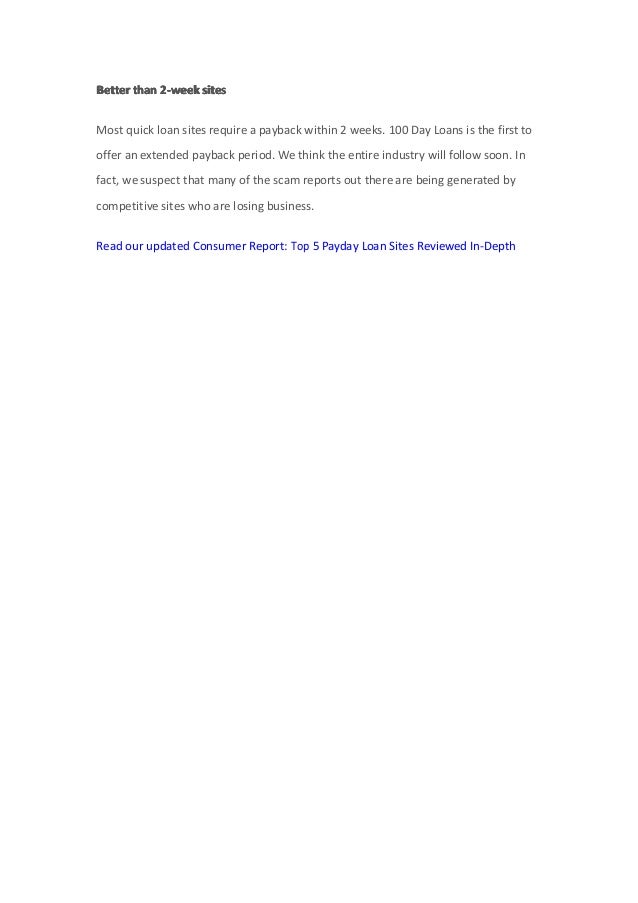If you need emergency funding, an unsecured personal loan may be your best option. It’s easy to apply online, and many lenders offer fast approval.

These loans can be a better option than payday lenders, but you should still do your research. Avoid those that do not require a credit check and charge exorbitant interest rates.
Paying off an emergency personal loan
Emergency loans can be a lifesaver when you need cash fast. However, it is important to choose a lender with low fees and interest rates.
Depending on best personal loans in south africa the type of emergency loan you choose, you can have weeks, months, or years to pay it back. Some options, like payday loans and car title loans, only give you two to four weeks to repay them.
Other options, like personal loans, PALs, and cash advances, can be paid off over months or years. These are more manageable and can help you avoid overdue fees or other problems down the road.
You may also need an emergency loan if your mortgage or rent payment is due soon and you don’t have the cash to make it. In this case, it’s a good idea to speak to your landlord or mortgage lender about an alternative payment plan that would allow you to get the funds you need.
Collateral
The best way to get a cheap emergency loan is to ask friends and family if they can help. They may be able to help you pay off a credit card balance or get out of an uncomfortable car lease. Other options include borrowing from a local credit union or taking out a small business loan. The best emergency loans come with no fees, low interest rates and fast approval times. Be sure to shop around for the best deal possible before signing on the dotted line.
It’s important to choose the right lender for your needs and budget. Some online lenders offer a wide variety of financial products and services, while others are more traditional in their approach. Some lenders offer prequalification options that allow you to see if you’re a prime candidate before you spend a lot of time and money applying for a loan. You should also be aware of the lender’s reputation before you sign on the dotted line.
Credit score
Generally, you’ll need a credit score of at least 640 to qualify for an emergency loan. Some lenders specialize in loans for bad credit and will accept lower scores, but you’ll typically pay higher interest rates and have a lower chance of approval.
You can check your credit score for free through your credit card issuer or another website that offers a free report. This will help you understand your creditworthiness and give you a better idea of how to improve it if necessary.
Your income is also an important factor in determining your eligibility for an emergency loan. Lenders look at your debt-to-income ratio to make sure that you’ll be able to afford to repay the loan plus other monthly bills.
Once you know how much money you need, start researching lenders and comparing their terms. Then, submit your application to the lender of your choice. This process can take one or more days, depending on the lender.
Interest rates
One of the best ways to save money on an emergency personal loan is by shopping around. Most lenders will give you an idea of their interest rates, fees and other costs before committing your hard earned dollars. You might even find a lender willing to offer you a no-obligation quote for your situation. The cheapest rates are usually located in your local bank branch, but you may also be able to find some of the best deals online. The best part is that most of these banks are happy to provide you with a free no-obligation quote for your specific needs and budgetary constraints.
You can even use the information gathered from these free quotes to compare loans from multiple lenders, in a single consolidated online application. Using a tool like this can help you weed out the bad guys before you get sucked into a high-interest debt trap.